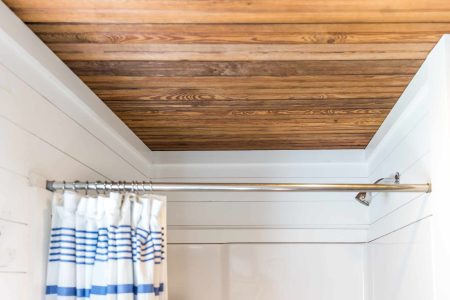Net income for the recent quarter was $160.4 million, which equates to $2.47 per diluted common share, up from $117.4 million, or $1.81 per share, a year ago. Revenue was $512.1 million in the recent quarter, up from $409.3 million in second quarter 2022.
Cullen/Frost CEO Phil Green attributed the company’s positive second quarter to three factors: increased interest rates as a result of the Federal Reserve’s actions to address inflation, loan growth in its markets and generating new customer relationships. The recent quarter marked the second consecutive quarter in which Frost set a company record for new consumer customers, and it set a record for new commercial customers also.
ALSO READ: Frost Bank doubling its branches in Austin after expansions in Houston and Dallas
“As long as you’re growing customers, everything will work out OK,” Green said.
While the rise in new consumer accounts is largely inline with Frost’s expansions in Texas markets like Houston, Green also attributes it to the company “leaning hard into marketing.” In particular, he believes the company has “gotten better and better at digital marketing.”
Meanwhile, he noted that 45 percent of its new commercial customers have come from so-called “too big to fail” banks.
“That’s pretty gratifying,” he said.
Second-quarter revenue gains were paced by a 31.2 percent year-over-year increase in net interest income, which reached $408.6 million. Average loans for the second quarter totaled $17.7 billion, a $1 billion — or 5.9 percent — increase from the year-ago quarter.
Of the three main types of lending that Frost does, residential real estate lending saw greater growth than commercial real estate, such as for developing office buildings, and commercial industrial loans, such as for manufacturing businesses.
Frost’s increase in residential real estate lending is generally not from traditional home mortgages, although Frost is rolling out that product in the Dallas area, but rather from home equity lending, Green said. Frost began seeing greater demand for home improvement loans during the COVID-19 pandemic, and since then, he said, higher mortgage interest rates have prompted homeowners to stay in their houses with existing lower interest rates and instead add to those homes — essentially moving up in place.
The company’s board approved third-quarter dividends of $0.92 per common share and $11.125 per share of Series B preferred stock, both payable on Sept. 15 to shareholders of record on Aug. 31.
Read the full article here





















